Over the last two years, Philippine home improvement retailer AllHome Corp. has been rolling out an initiative to incorporate renewable energy in its stores as part of its environmental sustainability efforts. In a statement issued recently, the company said it has so far installed photovoltaic power panels in nine of its 59 outlets in the country. This is in response to the “strong clamor all over the world for business entities to be cognizant [of] their responsibilities as members of larger communities”, its vice chairman, Camille Villar, said.
The company plans to scale the initiative to include the 50 remaining branches “as the chain’s answer to calls for more concerted efforts to ensure a sustainable future”, the company added. The move is part of AllHome’s broader Environmental, Social and Governance (ESG) program. This, in turn, is in line with the regional direction towards sustainable business.
For the most part, ESG efforts of home improvement companies around Southeast Asia are currently voluntary as regional regulators have either just started or are about to start imposing mandatory disclosures on public companies’ sustainability efforts. Thailand and Indonesia have taken the lead, making ESG reporting for public companies compulsory effective March and April 2022, respectively. In the Philippines, listed firms are required to disclose sustainability efforts by 2023, while in Malaysia, mandatory ESG reporting will be implemented in phases beginning 2024.
A review of the sustainability reports of seven home improvement retailers around the region – Malaysia-based Mr. DIY, Ace Hardware Indonesia, Thai companies HomePro, DoHome and Siam Global House, and Philippine firms Wilcon Depot and AllHome – reveals that for the environmental aspect, home improvement retailers are most concerned about electricity use and waste management. Those that disclosed the results of their carbon inventory exercises indicate that Scope 2 emissions – which cover electricity – contributed the most to their carbon footprint.
Consumption was mainly from lighting and air-conditioning systems. To lessen their Scope 2 impact, retailers across the region are using solar systems for greening their electricity source. Apart from AllHome, Wilcon, Home Pro, DoHome, and Mr. DIY are also at varying stages of installing PV systems in their outlets. Wilcon plans to use solar power for all its branches by 2024, while HomePro is targeting 2030 for installing a solar system in all outlets…

 Menü
Menü




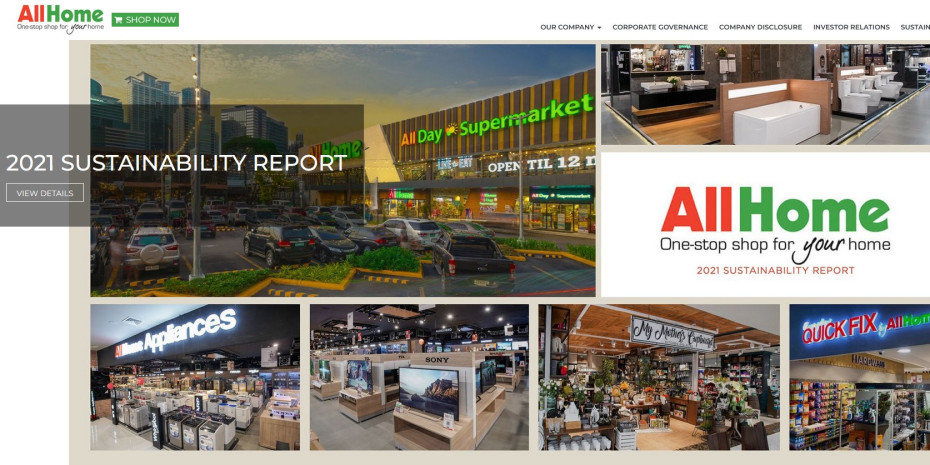

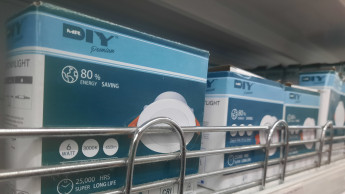
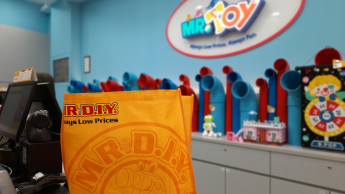
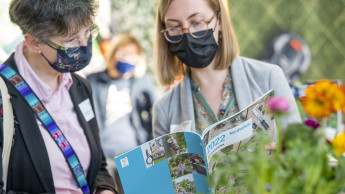




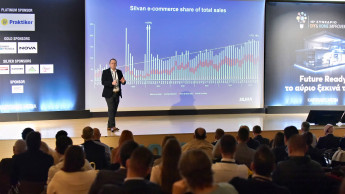
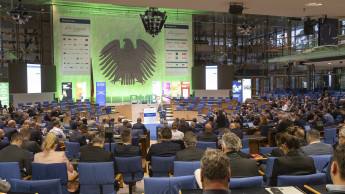
 Newsletter
Newsletter